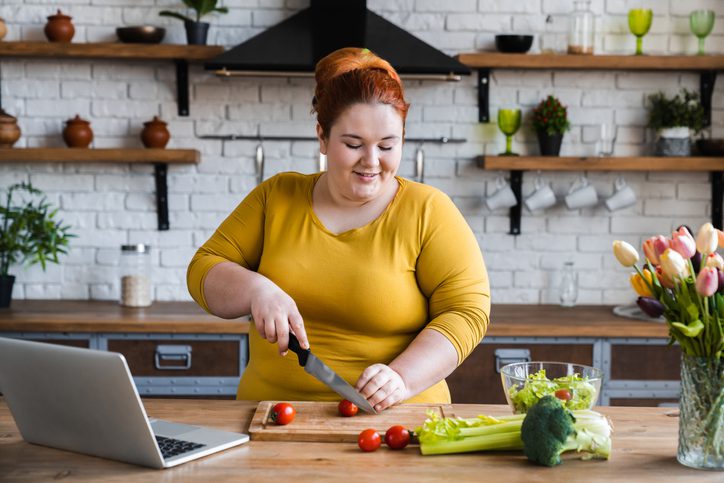
by hanna | Jan 7, 2022 | Nutrition, Physical Health
Everyone loves snacks! However, when we’re hungry and reaching for something quick to eat, it’s very easy to grab what’s convenient—and not always the most healthy. Eating snacks between meals helps to maintain blood sugar, gives us extra servings of...


